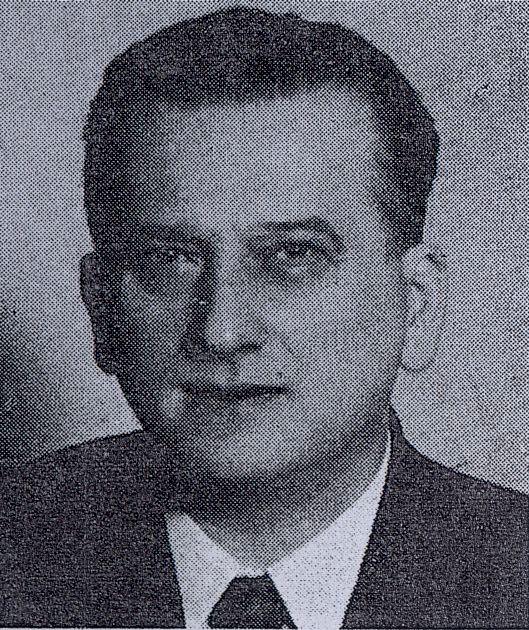
France Marolt was an exceptionally talented musician, but his passion for folk tunes also led him to become one of the most important promoters of Slovenia’s ethological heritage.
Born in 1891 in the small village of Brdo pri Lukovici, Marolt was virtually destined to become a musician. His father was a passionate church organist and had worked hard to pass on his love for music to his son. The musical bug was contagious and the younger Marolt quickly decided to follow in his father’s footsteps. While still in high school, he helped to set up an octet.
Marolt was drafted to fight in World War I and returned injured from the frontlines. He recovered, however, and continued to pursue his dream. In the interwar era, he emerged as an influential music critic and a popular choirmaster. Among other feats, he set up an academic choir consisting of university students – the first of its kind in Slovenia. It quickly became renowned in musical circles for its quality.
However, it was Slovenian folk music that became a special passion of Marolt’s. He was determined to have his choir tackle traditional tunes that no other professional musicians had performed before. He took time off to travel the country and research ancient songs that were still regularly preformed in the Slovenian countryside. Just before industrialization and modernization changed rural lifestyles forever, Marolt, with the help of his wife Tončka, managed to record and preserve songs that had been passed on from generation to generation for centuries. He traveled from southern Austria, where ethnic Slovenians still formed the majority of the population, all the way to Slovenia’s border with Croatia in order to preserve the best of Slovenian musical heritage, which his choir could then perform. He also organized folklore days, which helped to share awareness of traditional Slovenian music with a wider audience.
After World War II, Marolt became a professor of ethnomusicology, the first ever in Slovenia. In 1948, he founded the France Merlot Academic Choir. He died three years later, but the choir lived on. Sixty-seven years later, it still keeping alive the musical heritage that inspired France Marolt to travel from village to village and share Slovenia’s music with the world.

































































